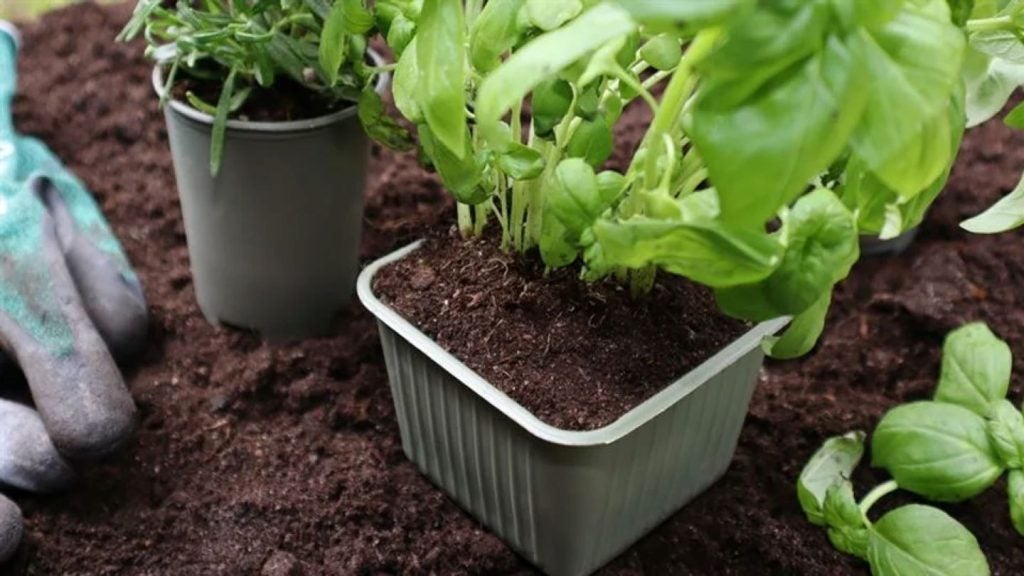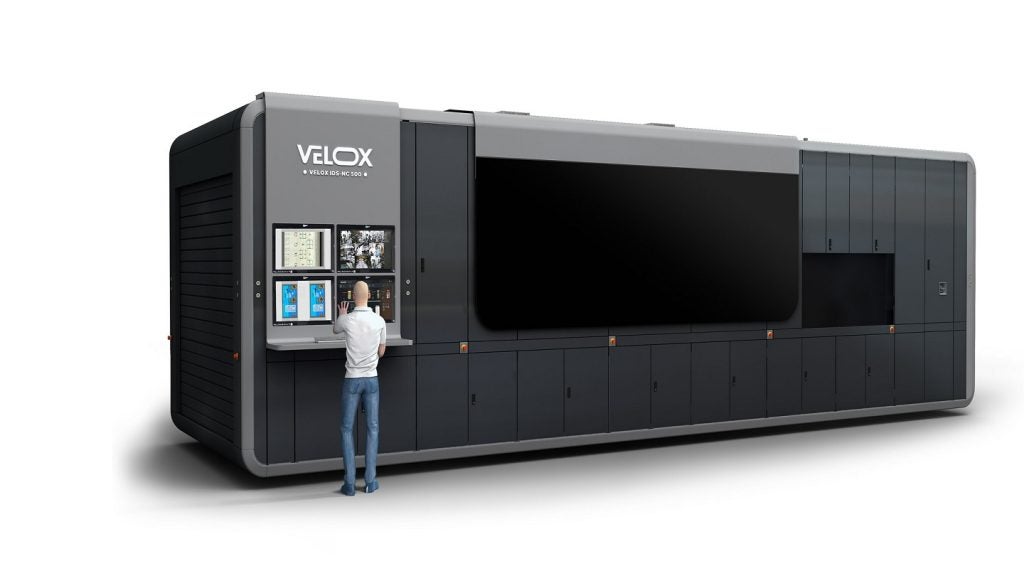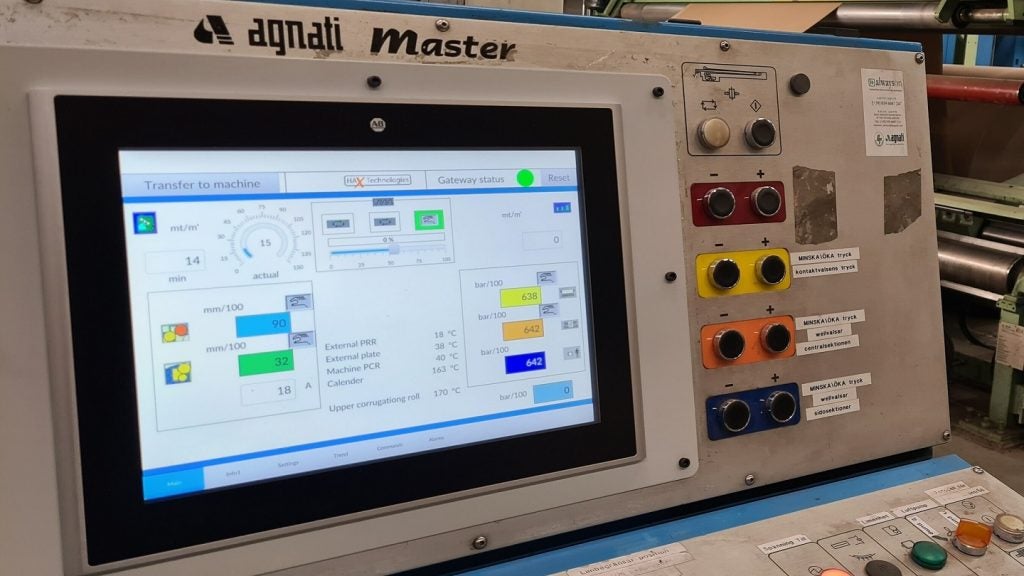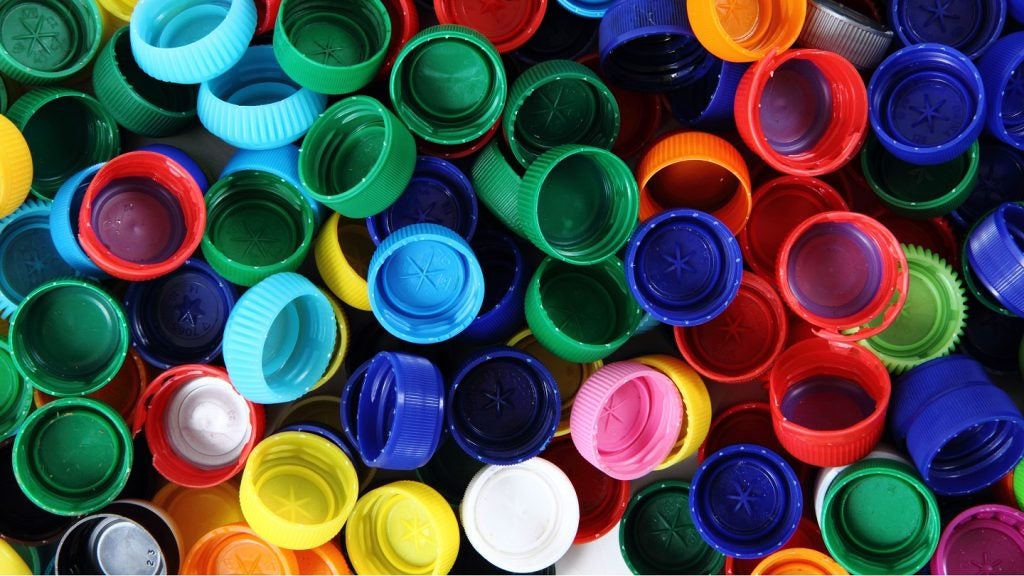Gaia Biomaterials, a developer of Biodolomer, a home-compostable bioplastic material, has successfully closed a $5m rights issue.
The company said this funding round will be used to propel its expansion plans in the US, India, and other key markets.
Biodolomer: A promising alternative
Biodolomer stands out for its unique composition. Unlike traditional plastics derived from fossil fuels, Biodolomer is made from limestone, a readily available and abundant mineral resource.
This material offers a sustainable alternative for various disposable products, from drinking cups and grocery bags to healthcare aprons, straws, food containers, and planting pots.
Investment in growth
The funding round was backed by a consortium of investors, including Almi Invest GreenTech, a Swedish state-owned green technology venture capital fund, alongside private international and domestic investors.
This significant investment highlights the growing recognition of Biodolomer's potential to revolutionise the plastics industry.
“Now, the time has come to expand our market presence. We will use our funds to expand our global network of commercial agents and train and support them,” said Peter Stenström, Gaia Biomaterials CEO.
Environmental and commercial potential
“We look for great commercial and environmental potential combined” said Jörgen Bodin, investment manager at Almi Invest GreenTech. “Although we look at about 300 companies yearly we only invest in a handful.”
“Gaia Biomaterials has a proven track record of living up to its promises. Their product has an enormous potential as it is both climate-positive and will reduce waste and microplastics.”
Scalability and ease of adoption
Biodolomer offers a compelling proposition for brand owners seeking to reduce their environmental footprint.
“Our material can be used in various production techniques, including film blowing, bottle blowing, thermoforming, injection, and extrusion coating, with no changes in machinery. This makes it easy for brand owners to drastically reduce their CO₂ emissions and reduce the waste mountain problem,” explained Stenström.
With a current production capacity of 50,000 tons per year and the potential for further expansion within its existing infrastructure, Gaia Biomaterials is well-positioned to meet the surging global demand for sustainable plastic alternatives.















